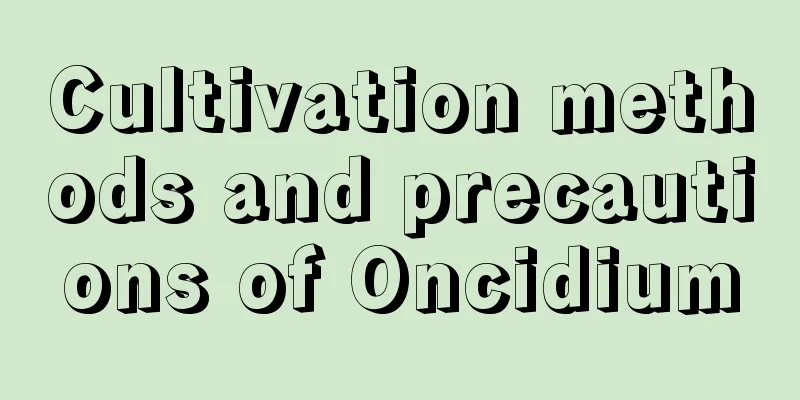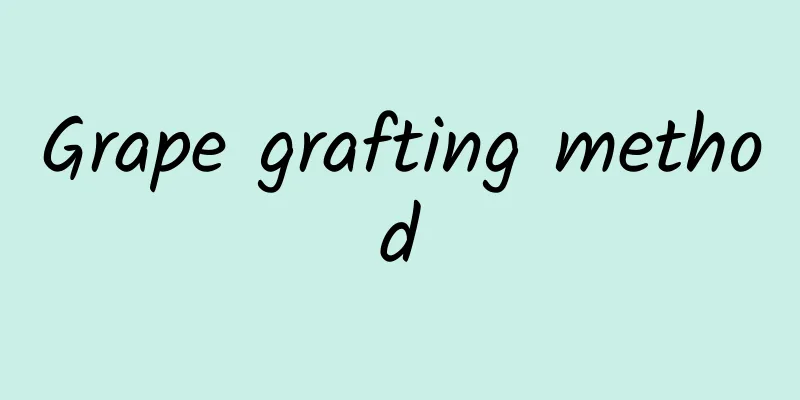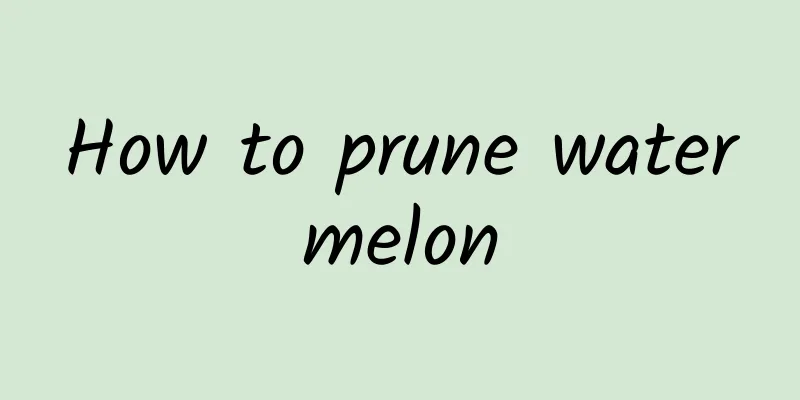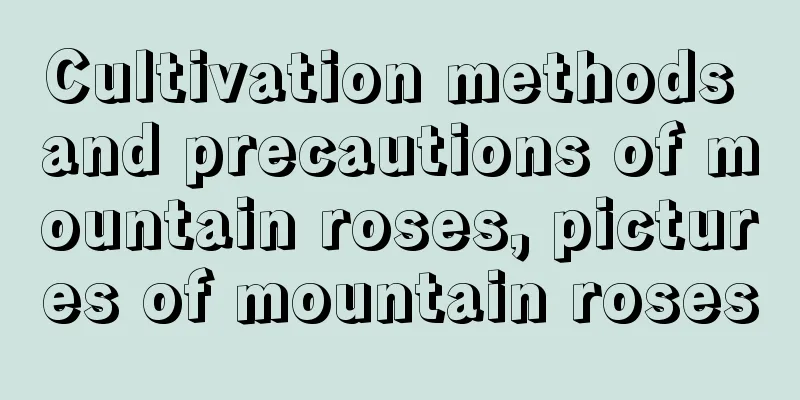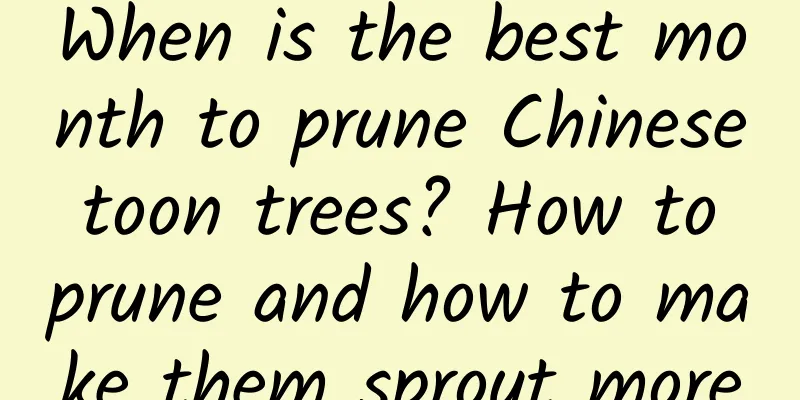The cultivation methods and precautions of thread iron

|
The threaded iron tree, also known as the willow-patterned iron tree, twisted iron tree, and Philippine iron tree, is one of the cultivated varieties of the genus Dracaena in the Liliaceae family. Its leaves are emerald green, elegant in temperament, and can purify the air, making it very suitable for indoor cultivation. So what are the cultivation methods and precautions of thread iron? Let’s learn more about it below. 1. Soil selection Loose, well-drained and well-ventilated soil should be used, such as imported peat with a specification of 5-40mm, which can be mixed with sandy loam. 2. Light temperature Threaded iron likes light, but avoids direct sunlight. When growing indoors, place it in a well-lit area. The best growth temperature is between 15-30℃. In winter, you should keep warm to prevent the thread iron from being damaged by cold. In summer, pay attention to ventilation and cooling. 3. Reasonable fertilization The demand for fertilizer of thread iron is not strict, but it requires slightly more fertilizer and water during the growth period. Under the condition of healthy plant growth, 1-2 times a month can be applied with a thin nitrogen, phosphorus and potassium balanced fertilizer or organic fertilizer . It is necessary to follow the principle of applying thin fertilizers frequently, and avoid concentrated fertilizers and raw fertilizers. 4. Watering tips Thread iron likes a humid growing environment. It is generally required to be watered every 3-4 days during the growing period and every 1-2 days in summer. When watering, observe the soil in the pot. Wait until the surface of the soil turns white before watering. Stop watering when it is thoroughly watered. 5. Trimming and shaping When pruning, use sterilized scissors to cut off the yellow leaves and branches to promote new growth of the plant. At the same time, we can also trim the threaded iron to create the shape we like. 6. Notes (1) During the growth period of the thread iron, some yellow leaves or rotten leaves may appear. Be sure to trim them off in time. (2) When applying fertilizer, do not allow the fertilizer to drip onto the leaves to avoid fertilizer damage and symptoms such as yellowing, blackening, and rotting of the leaves. (3) In a high temperature and high humidity environment, thread iron is prone to leaf spot and anthracnose, so you should pay attention to maintaining a good ventilation environment. When symptoms occur, take early steps to treat them. (4) The potting soil can be replaced once a year in spring. When using old pots or adding garden soil, the old pots can be directly soaked in potassium permanganate for half an hour for disinfection, and the soil can be disinfected at high temperature. In general, the posture of the whorl iron is dignified and beautiful, and it is even more emerald and upright after being planted in groups, and has extremely high ornamental value. However, during the cultivation and care process, you need to pay attention to issues such as light, temperature, water, fertilizer, and do proper maintenance to allow the thread iron to thrive.
|
<<: Cultivation methods and precautions of red Guanyin bamboo
>>: When is the best time to plant garlic?
Recommend
How to make Monstera survive the winter safely? Will it freeze to death in winter?
1. How to spend the winter safely 1. Maintain tem...
How often should I water the Kalanchoe in summer?
How often should Kalanchoe be watered in summer? ...
Mulberry growth environment conditions and characteristics
Mulberry tree growth environment conditions and r...
How to breed Yanlaihong
Seeding and propagation of Amaranthus chinensis F...
How to care for Desert Rose in winter
1. Move indoors If the desert rose is maintained ...
Breeding methods and precautions for small blue clothes
1. Maintenance methods 1. Soil: The soil for grow...
The uses and effects of firecrackers (firecrackers)
Ornamental value Domestic The branches and leaves...
Do onions prefer shade or sun?
Do onions prefer shade or sun? Scallions are very...
Can the cut asparagus fern be cultivated in water? How to plant it in transplants?
1. Can it be hydroponically grown? Cut asparagus ...
What crops and vegetables can be grown in summer (what high temperature resistant vegetables are suitable for growing in summer)
Vegetables suitable for growing in hot weather Wi...
Differences between White Clover and Oxalis
1. Leaf Difference The leaves of white clover hav...
Cultivation methods and precautions of Chinese evergreen
1. Soil Peperomia is suitable for growing in loos...
If you only know how to water your flowers, they will soon die.
Fertilization method of rose Rose has beautiful f...
What diseases and pests does Campanula have and how to prevent and control them
1. Botrytis cinerea Symptoms: This disease often ...
How long does it take for potatoes to sprout and emerge from the soil? The 5 stages and steps of potato planting
How long does it take for potatoes to sprout? The...


